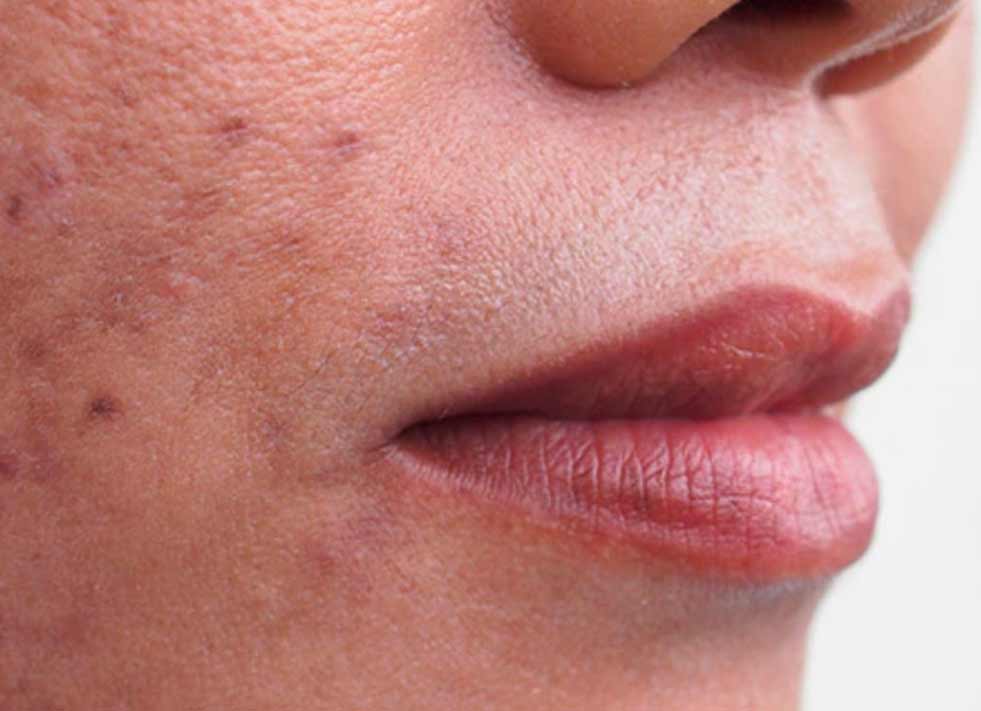Acne is characterized by spots on the body’s oily areas, such as the face, hairline, and back, which contain sebum. It’s caused by an excessive amount of natural oils in the skin, which clog the small passages that connect oil-producing glands to the skin’s surface. These clogged glands trigger bumps or marks, which can become infected and become hot, and sore. Acne lesions are often found to be filled with pus.
Diagnose Acne
Consultdoc GP’s can diagnose pimples by looking at your skin. Your treatment of acne will be based on how severe your acne is, as there are different types of treatment depending on the severity. Different types of pimples can also take longer to treat. The doctor will try to get rid of your acne to help prevent new areas from appearing. The sooner you begin therapy, the fewer scars you will get.
Treatment Of Acne
Some of the treatments available to you by consulting with us online will include a private prescription of topical or oral medication. You can also arrange a follow-up review of your treatment to assess. How well your acne has improved. In the most severe cases, Consultdoc GP can refer you to a specialist dermatologist for further treatment. If your a pimples has not improved despite treatment.
Advice
I would advise you not to wash your skin more than twice a day. Only use a mild soap. Use less makeup and remove your makeup before going to sleep.
For further advice or assistance with any other health-related condition or concerns, speak to one of our doctors at a time that is totally convenient to you.
Causes
Acne is a common skin condition caused by various factors, including:
1. Excess Oil Production:
Sebaceous glands in the skin produce too much oil (sebum), which can clog pores.
2. Dead Skin Cells:
Accumulation of dead skin cells in hair follicles can mix with sebum and form a plug, leading to clogged pores.
3. Bacteria:
The bacteria *Propionibacterium acnes* (P. acnes) can thrive in clogged pores, causing inflammation and infection.
4. Hormones:
Hormonal changes, particularly during puberty, pregnancy, or menstrual cycles, can increase oil production and lead to acne.
5. Genetics:
A family history of acne can increase your likelihood of developing the condition.
6. Diet:
Some studies suggest that certain foods, such as dairy products and high-glycemic foods, may trigger or worsen acne.
7. Stress:
Stress can exacerbate acne by increasing hormone levels that stimulate oil production.
8. Medications:
Certain medications, such as corticosteroids, androgens, or lithium, can cause or worsen acne.
9. Cosmetic Products:
Using oil-based or comedogenic (pore-clogging) skin and hair products can contribute to acne development.
10. Environmental Factors:
Exposure to pollutants or high humidity can also exacerbate acne.
Understanding these factors can help in managing and treating acne effectively.
